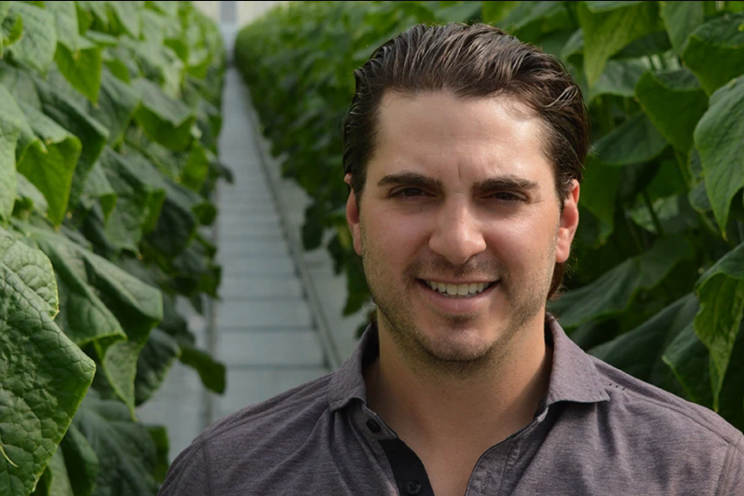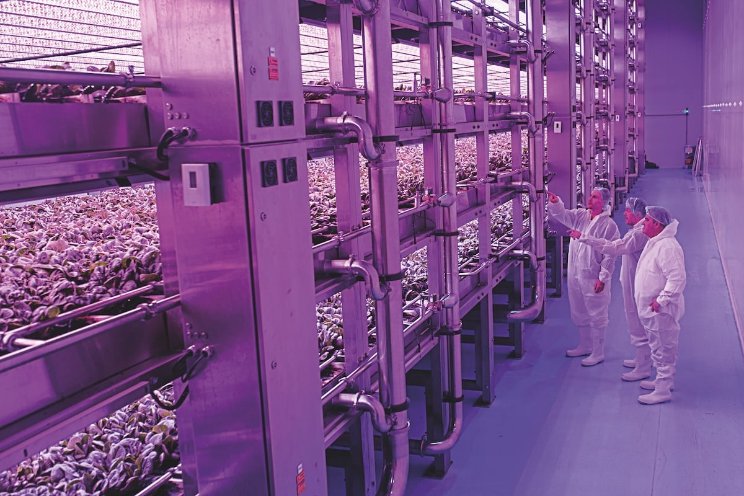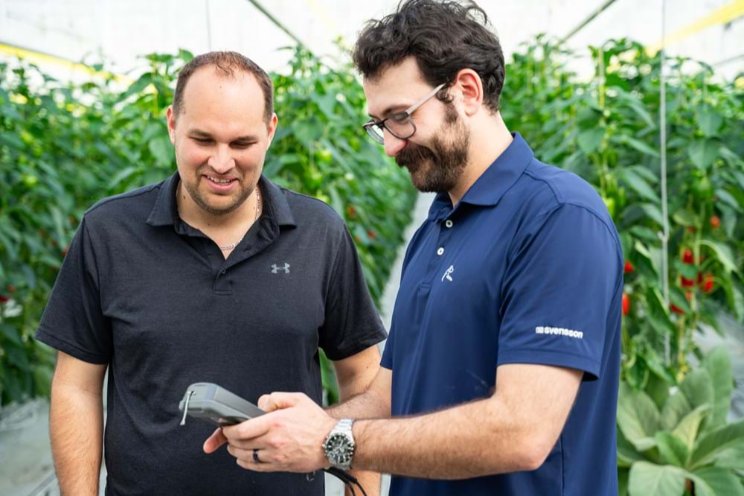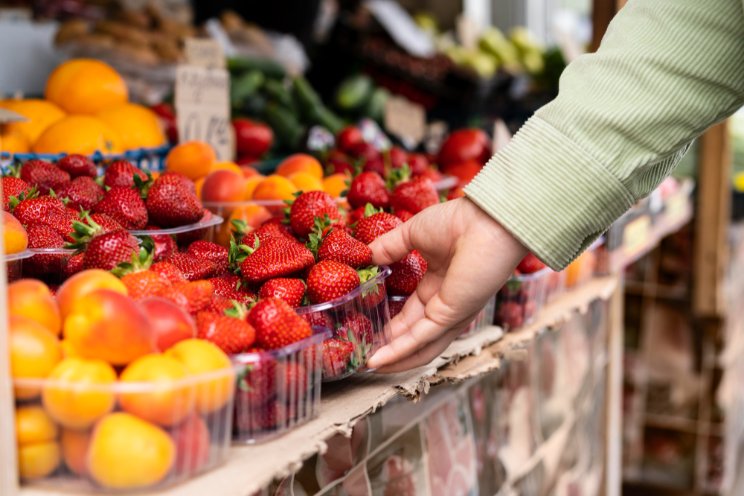Greenhouse leafy greens industry is tackling food safety
Added on 05 August 2020
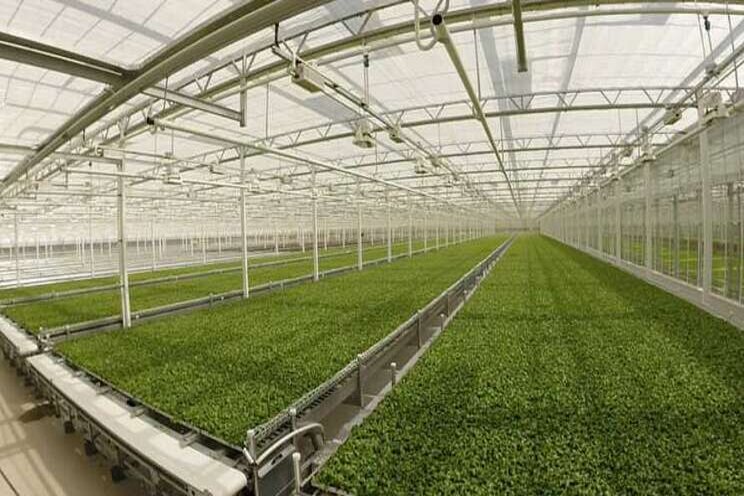
Marni Karlin, Executive Director of the CEA Food Safety Coalition, moderated each discussion on food safety in leafy greens during United Fresh Live. This article, part one of a three-part online series on the topic, focuses on a session that outlined the formation of the CEA Food Safety Coalition, an independent and member-governed organization whose membership is comprised of controlled environment leafy greens growers who subject their production processes to an external audit. The Coalition was established to develop credible, strong, and appropriate food safety standards; educate consumers and regulators on controlled environment growing; and communicate the value of controlled environment agriculture.
Paul Lightfoot, President of BrightFarms and Chair of the Coalition, says industry members came together to form the coalition with the intent of positioning food safety as a non-competitive issue.
"We're a small group of innovative companies, and maintaining consumer trust is critical to our success," Lightfoot said. "Our mission is to improve health of Americans and make an environmental footprint."
For Dan Malech of Plenty, a vertical farming company based in San Francisco, the goal is to work with the coalition on setting standards and providing education.
"Most current food safety standards for the leafy greens industry were made before our indoor systems were developed," Malech said. "Our members have a great deal of subject matter expertise, and our goal is to articulate best practices and provide educational resources."
Why They Joined the Coalition
Paul Lightfoot: "We had a voluntary recall a while ago and saw that we had great food safety materials in place, but it was complex to implement. We also thought it would be a disaster if a new company joined our industry and didn't have the right standards. So, we decided to give away everything we learned. It's all about making our industry safer and maintaining our industry's reputation."
Marc Oshima of AeroFarms (and Vice Chair of the Coalition): "We worked with USDA on a good agricultural practices audit, but it didn't have relevance to the way we grew since we're indoor. We wanted to educate USDA inspectors about our process. The coalition offers different approaches to this, and we've shared what we do with several government agencies. Education is critical."
Paul Sellew of Little Leaf Farms (and Treasurer of the Coalition): "The leafy greens recall two years ago was nationwide and affected anyone who had anything to do with Romaine lettuce. We all knew it was field-grown product, but because we didn't have our group in place, we were all affected."
Malech: "The events of two years ago were a real a-ha moment. We saw the advantages that indoor production has to offer, and we came together as a group to leverage those advantages."
How the Coalition is Evolving
Karlin says the CEA Food Safety Coalition's leadership team is currently identifying gaps in what's needed and intends to roll out a third-party certification standard late this year that will be in addition to current standards in place.
"We still need to address issues such as lighting and other differences between indoor and outdoor production," Karlin says. "We're also looking at how we can effectively represent a range of producers in terms of size and location."
As these standards are being developed, the Coalition continues to work closely with both academia and government agencies.
"We had a seat at the table early on, including how labels would be produced," Lightfoot said. "We want to protect consumers and also benefit our industry."
Karlin also notes the Coalition has identified the critical research needs of the industry, in both food safety and elsewhere.
"Everything we do is member driven, and if we have experts, we want to match them up with academia," Karlin says. "Everything needs to be based in sound science."
At the same time, Coalition members are focused on educating retailers about the controlled-environment leafy greens industry.
"What we do is so different from field production that it's important to highlight that," Oshima says. "This is why partnering with retail is important. We want to know their major concerns, and we need to keep working closely with them."
For Malech, the network being formed by growers in the Coalition offers a huge advantage today.
"We're united behind a common cause," he said. "Thanks to the coronavirus, we're seeing empty aisles of food in many places, and we can help fill those market gaps."
Source and Photo Courtesy of Greenhouse Grower
Source: Greenhouse Grower
More news

